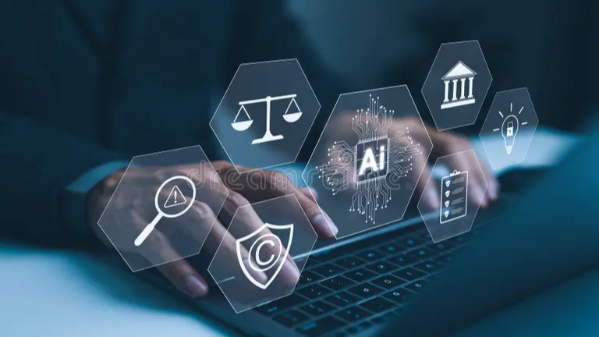Summary
Multiple law schools across the UK are integrating artificial intelligence tools into their curricula. Harvey, a leading legal AI platform, has expanded its law school offering and partnered with institutions such as King’s College London, Oxford Law School, BPP University Law School and The University of Law to provide students access to their tools. King’s is launching a 12-week “AI Literacy Programme” to provide students access to Harvey and other tools. This is one of the most definitive moves towards integrating the teaching of AI into higher education.
Breakdown
These new ventures will embed Harvey into teaching, allowing students to get familiar with using the tools for research, legal writing, analysis, and drafting exercises. The King’s College “AI Literacy Programme” gives them access to Legora, Lucio, Harvey and Luminance to prepare them for the future of legal practice in which AI tools will be a staple. The entire law faculty will have access to this programme to ensure adequate training across all cohorts. The pilot programme at Oxford also emphasises how AI can be used responsibly to encourage students to upskill themselves.
The Business Case
The expansion of these AI legal tools into universities bridges the gap between the adoption of such platforms by law firms, which has been happening for a couple of years already, and the implementation into law school curricula. These programmes will help differentiate schools and increase the academic interest in AI as a field of its own. Law firms at all levels have been embedding exercises and case studies about AI into their recruitment processes. This agreement will also boost the credibility of platforms like Harvey and Legora in the market by tapping into a new pool of clients. By servicing both law firms and law schools, they will bolster their appeal amongst investors to attract even more exciting deals.
Legal Team Involvement
For arrangements of this nature, the in-house legal departments of each respective AI company will be engaged to secure effective implementation of the programmes. Additionally, some outside counsel may be engaged for specialised matters.
Corporate: Supporting the deal, advising on investments, and drawing up the necessary ancillary documents required.
Regulatory: Assessing public law, data protection, and confidentiality implications of AI in academic use. Advising on the implications of the UK’s light-touch approach to AI regulation.
Intellectual Property: Structuring licensing agreements, trademark, logo and design features so that all parties understand their obligations. Advising on how data generated by AI platforms will be owned.
Commercial: Drafting asset purchase agreements and negotiating the form of consideration that will be provided by the buyer. Ensuring that the universities comply with each platform’s terms of use.
Future Outlook
AI literacy is an inevitable by-product of the rapid proliferation of AI legal tools. As executive dean professor Dan Hunter of King’s College London explained, “Artificial intelligence is no longer optional for the next generation of lawyers - it’s fundamental.” It has therefore become necessary for universities to teach students about how these tools work, what their use cases are, and how to navigate various risks, both for themselves and their future employers and clients. With each new development in AI tools, higher education must keep up with the latest developments and opportunities.
